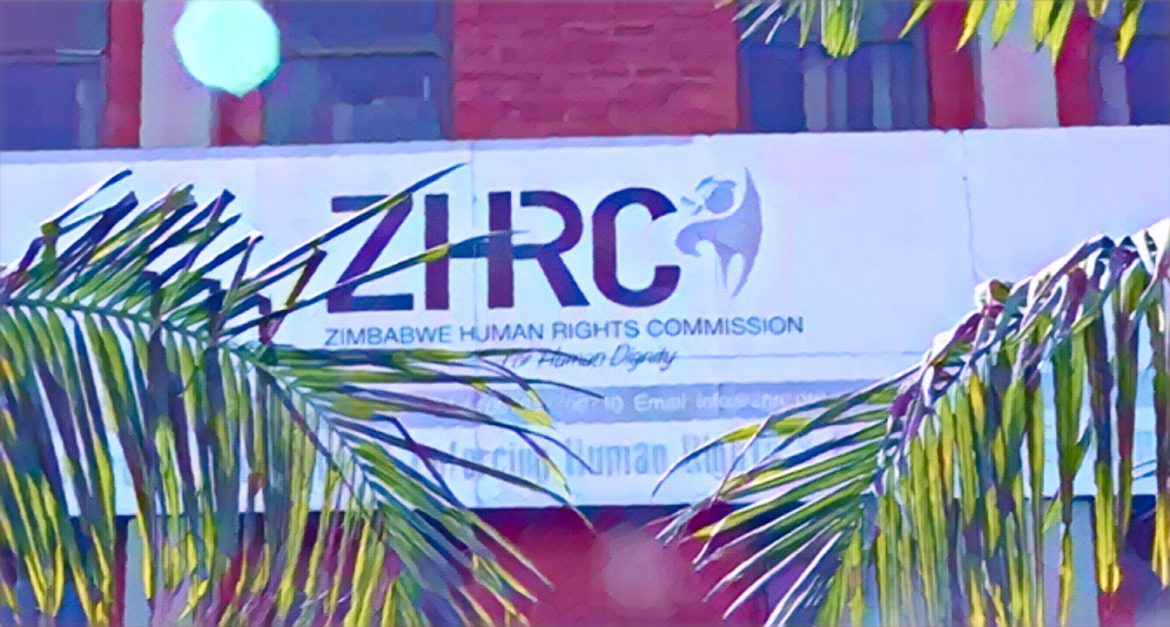Key Points
-
ZHRC accuses Zimbabwe’s justice system of being rotten and corrupt.
-
Anti-corruption leaders urge citizens and institutions to reject graft.
-
Government defends progress but citizens still distrust the justice system.
The Zimbabwe Human Rights Commission (ZHRC) has strongly criticized the country’s justice delivery system, calling it “rotten” and deeply corrupt.
ZHRC chairperson Jessie Majome made the remarks at a workshop hosted by the Zimbabwe Anti-Corruption Commission (Zacc) and a consultant. The event brought together judges, magistrates, lawyers, police, and civil society groups.
Majome said corruption runs through every part of the justice sector — from police officers to prosecutors, magistrates, and judges.
She argued that the justice system must be included among the top priorities of the second National Anti-Corruption Strategy (NACS2), as it is one of the weakest links in the fight against graft.
“The justice system is rotten,” Majome said bluntly. “Access to justice is for sale. Education and health are for sale too. Everything is for sale. We have serious problems.”
She added that the ZHRC continues to receive many complaints from citizens who are frustrated with the justice system. These include delays in court cases, strange practices by officials, and lack of fairness in both criminal and civil cases.
Calls for change in the fight against corruption
Zacc chairperson Michael Reza, in his keynote speech, echoed Majome’s concerns. He said corruption could only be tackled if society as a whole changed its attitude and refused to accept corrupt practices.
“Breaking the cycle of corruption requires changing social norms,” Reza said. “We need people and institutions that refuse to participate in corruption and instead support those who fight it.”
He stressed that government, civil society, the private sector, and ordinary citizens must all work together. According to Reza, collective action will make anti-corruption strategies stronger and more effective.
Government defends its anti-corruption efforts
Reza noted that Zimbabwe’s first National Anti-Corruption Strategy (NACS1), launched in 2020, met more than 61 percent of its goals.
He urged civic groups not to “negatively brand” the country but to stand with government efforts.
Harare Provincial Affairs Minister Charles Tavengwa, speaking on behalf of President Emmerson Mnangagwa, praised the president for supporting anti-corruption institutions with resources.
Tavengwa said fighting corruption was not only a government responsibility but required churches, the media, local authorities, and communities to play their part. “Corruption affects everyone,” he said. “It diverts resources away from development and undermines justice.”
Why this matters
Majome’s comments confirm what many Zimbabweans already feel — that the justice system is not serving the people.
While the government points to progress in anti-corruption campaigns, the ZHRC says ordinary citizens continue to lose trust in the courts, the police, and other institutions.
Until these concerns are addressed, the promise of fairness and justice in Zimbabwe will remain out of reach for many.


